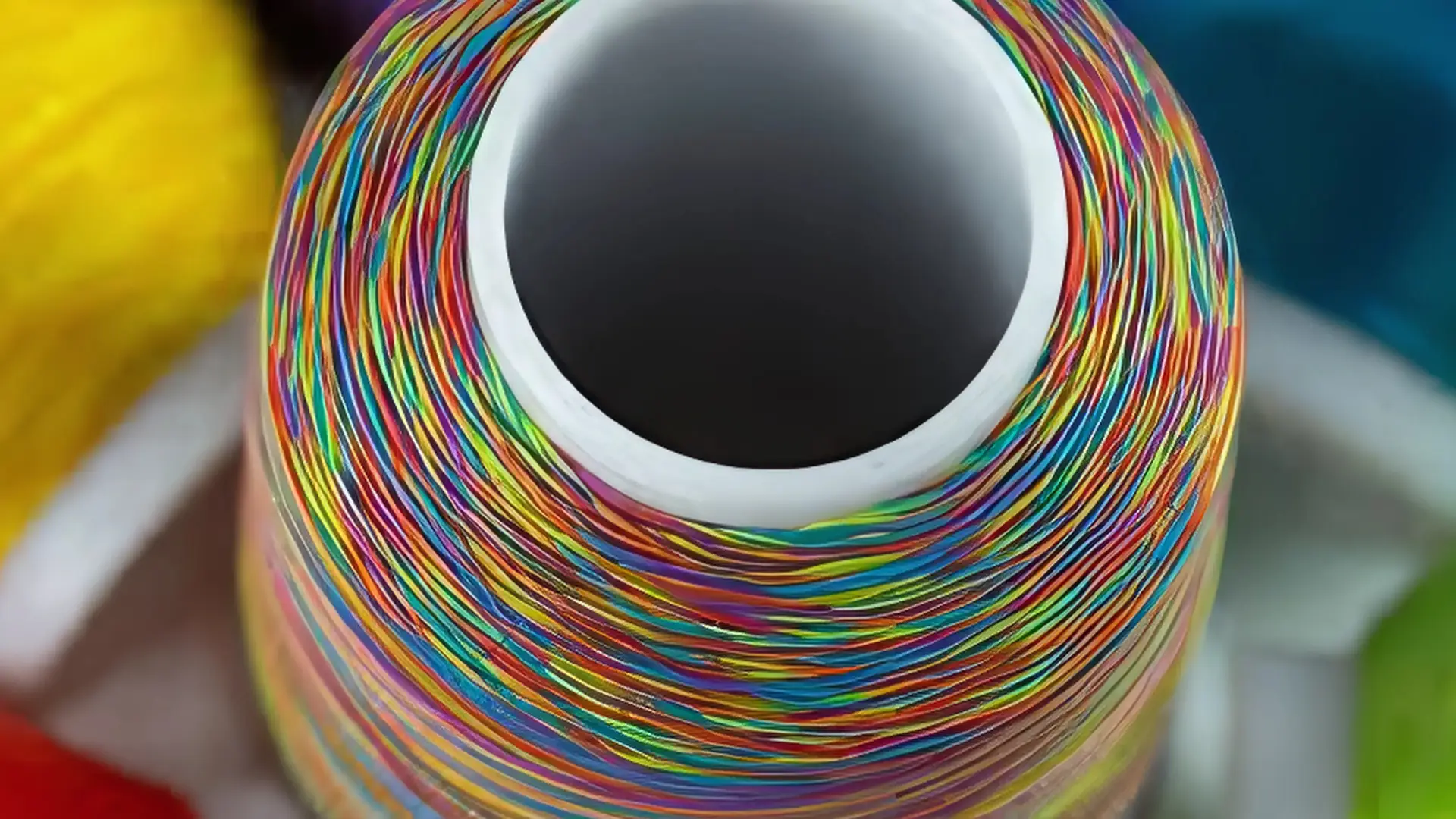Selecting the right thread is essential for achieving high-quality, durable, and visually appealing applique designs. The type of thread you use impacts the final look, strength, and longevity of your applique project.
Understanding Thread Types for Applique
The choice of thread significantly affects the outcome of an applique project. Different types of threads offer various textures, strengths, and finishes. The most common types include cotton, polyester, and rayon.
Cotton thread provides a soft, natural finish, making it ideal for hand applique. Polyester thread, known for its durability and sheen, is widely used in machine applique. Rayon thread offers a glossy finish, adding an elegant touch to decorative designs.
Choosing the right thread depends on the fabric type and the desired aesthetic. Learn more about professional applique techniques at Mahi Media Solutions.
Thread Weight and Its Impact on Applique
Thread weight determines the thickness of the stitching in an applique design. Lower-weight threads (such as 30wt) are thicker, providing bold and defined edges, whereas higher-weight threads (such as 50wt) are thinner, offering a delicate finish.
When using satin stitches or decorative borders, thicker threads create a raised texture, enhancing the visual appeal of applique designs. For intricate and fine details, thinner threads are preferred as they create smooth and precise stitches.
Experimenting with different thread weights allows designers to achieve the desired texture and style. Explore custom embroidery solutions for high-quality applique designs.
Choosing the Right Thread Color
Thread color plays a vital role in applique designs. A well-chosen thread enhances the overall appearance of the design, complementing the fabric while making the applique stand out.
Matching the thread color to the fabric creates a seamless look, while contrasting colors add boldness and creativity. For decorative appliques, metallic or variegated threads add unique effects and dimension.
Choosing high-quality threads with rich colors ensures the design remains vibrant even after multiple washes. For more guidance, check out Mahi Media Solutions.
Thread Durability and Strength
The durability of the thread determines how well the applique holds up over time. Polyester and nylon threads offer excellent strength and resistance to wear and tear, making them suitable for frequently washed garments.
Cotton threads, while soft and natural, may not withstand heavy washing or stretching as well as synthetic alternatives. However, they are ideal for heirloom and quilted appliques where a softer texture is preferred.
Selecting high-quality, durable thread ensures long-lasting applique designs. Explore more about thread durability and stitching techniques at Mahi Media Solutions.
Thread Compatibility with Applique Techniques
Different applique techniques require different types of threads. For raw-edge applique, polyester or nylon thread works best as it prevents fraying. For turned-edge applique, cotton thread blends well with fabric edges.
When using fusible webbing, lightweight threads ensure smooth stitching without excessive bulk. For satin stitch appliques, thicker threads create a polished look with well-defined edges.
Understanding thread compatibility improves the overall quality of applique work. Get expert advice on applique digitizing at Mahi Media Solutions.

